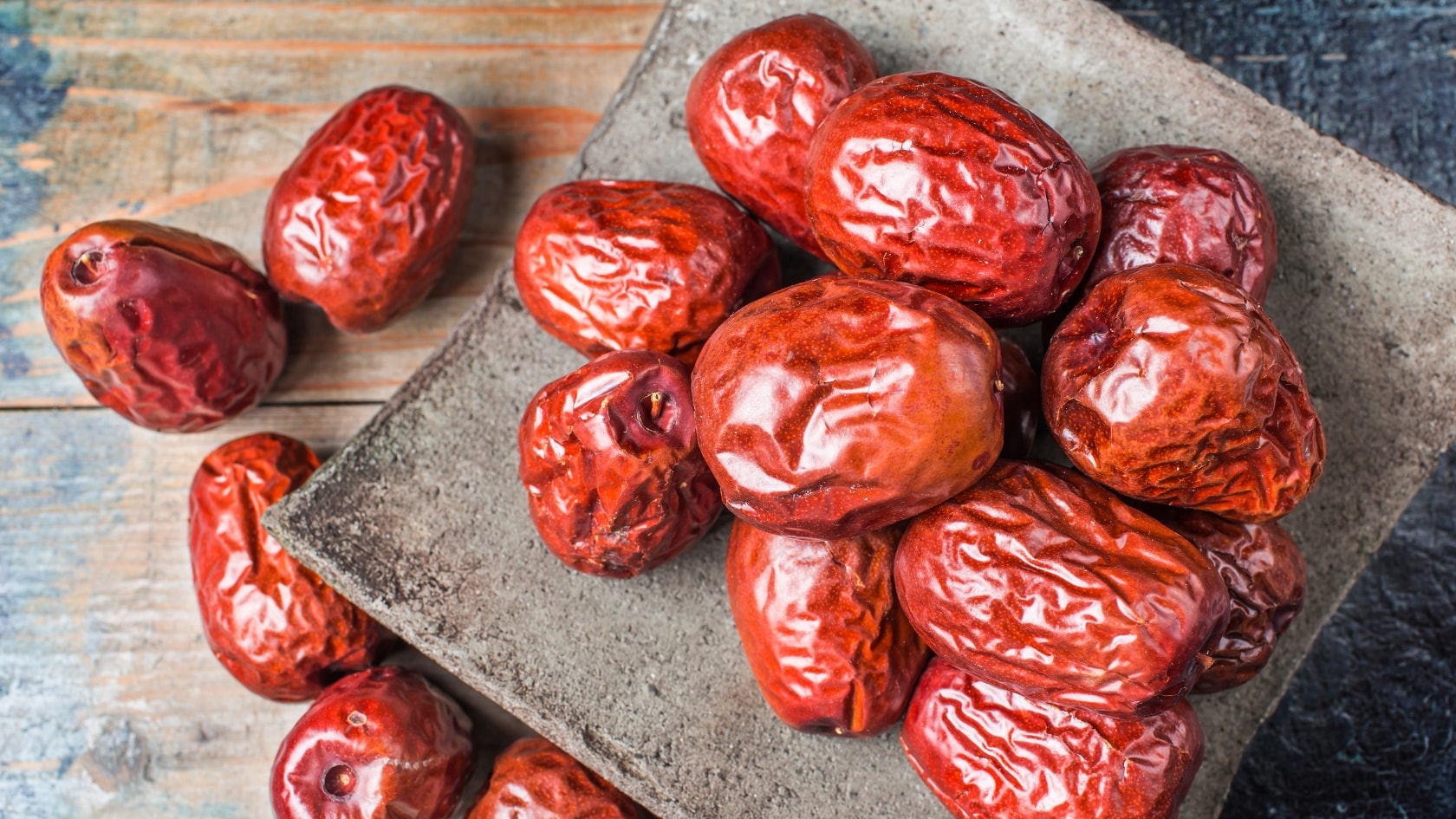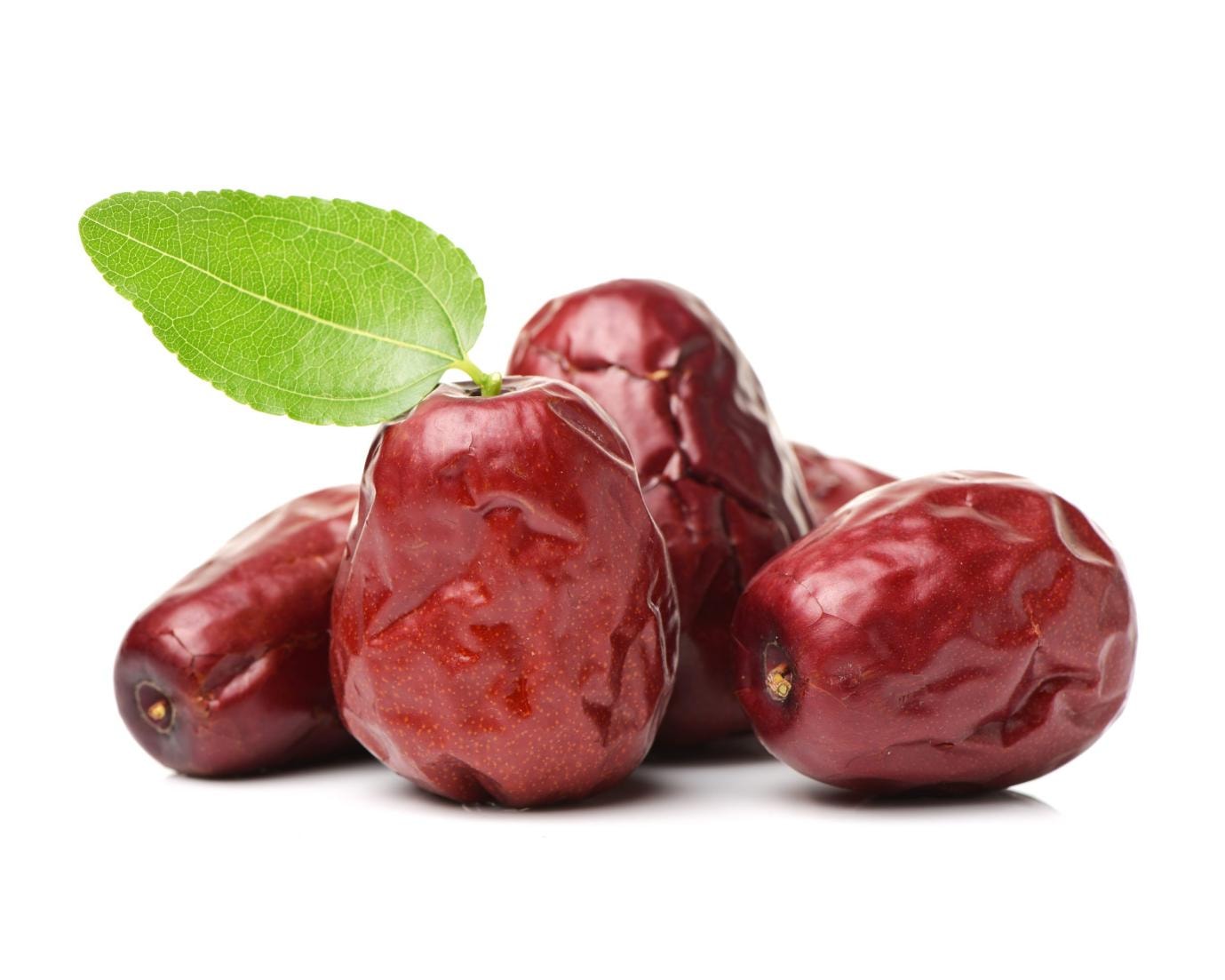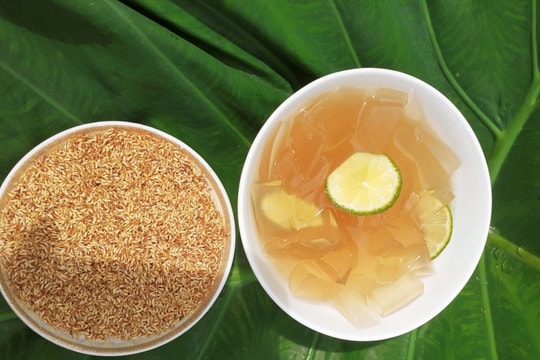Shopping tips: 5 tips for choosing sweet, fleshy red apples without worrying about buying the wrong ones
Shopping tip: The bigger the red apple, the better. If you want to choose a sweet, fleshy, nutritious apple, take note of the tips below.
Many people often think that the bigger the red apple, the more delicious and nutritious it is. However, the truth is not necessarily so. In many cases, large red apples have spongy flesh and a bitter taste, which is both expensive and disappointing. To buy delicious red apples, you need to observe and check carefully, instead of just relying on size.

1. Based on color
The darker the red apple, the sweeter it is. The skin of an apple hardly changes color after picking, so dark red apples tend to ripen longer and have a naturally sweet flavor. Don’t be too quick to discard dark apples, as they are the best choice.
2. Observe the shell
Choose plump, plump fruit. This is a sign that the flesh inside is plentiful and firm. On the contrary, fruit that is large but has wrinkled skin and little flesh should not be purchased.

3. Manual testing
When held and squeezed gently, a good apple will have good elasticity, not be deeply dented and will recover quickly. If you squeeze it and feel the seeds, the flesh is thin and shriveled, it proves that the quality is poor.
4. Look closely at the stem
Red apples contain a lot of sugar and are susceptible to worms. Look at the stem of the apple; if you see small holes, it means there are worms. Avoid soft, hollow apples, as they are usually damaged.

5. Observe the apple flesh
When broken in half, a good red apple will have firm, even flesh. On the contrary, an apple that has turned brown or is hollow inside is a poor quality apple.
Benefits of red apples
Red apples are sweet and warm, help replenish blood and qi, are good for the spleen and stomach, and help improve anemia, fatigue, high blood pressure, and liver function. Flavonoids in apples also have a sedative effect, helping to reduce stress.

However, not everyone should eat red apples. People with internal heat, diabetes or flu should limit their intake and consult a doctor before using.








